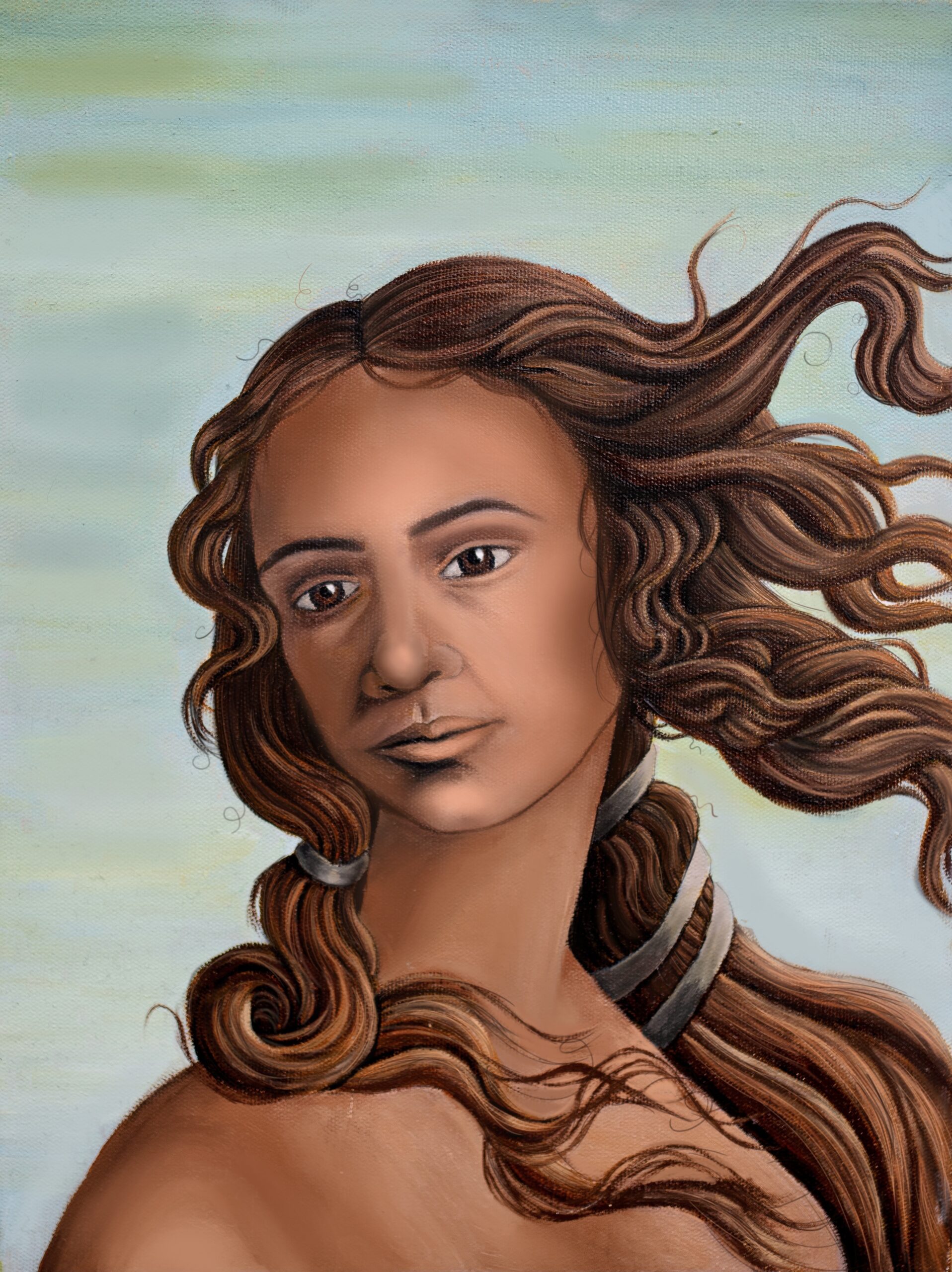Featured in

- Published 20250506
- ISBN: 978-1-923213-07-4
- Extent: 196 pp
- Paperback, ebook, PDF

Already a subscriber? Sign in here
If you are an educator or student wishing to access content for study purposes please contact us at griffithreview@griffith.edu.au
Share article
More from author

Bonfire
FictionIt was a loud dinner. Everything was loud. The murmuring soundtrack of free jazz seemed to emphasise laughs and guffaws. He grew drunker and drunker and toyed with his food, which no one even noticed. Normally, he would wolf down everything they cooked, but he twisted his fork in the spaghetti and just kept twisting. As he was on serving duty, he cleared it up without anyone even registering he’d barely taken a bite.
More from this edition

The art of appropriation
In Conversation When Brandi Salmon taught herself to paint as a teenager in country Victoria, she never imagined she’d grow up to be a full-time visual...

Hidden tracks
Non-fictionYoung and Kucyk are as good at tracking down hard-to-find people as they are at tracking down hard-to-find music, although sometimes they do reach dead ends. Their methods aren’t particularly advanced and are often helped by luck. Sometimes they’ll raid the White Pages. Sometimes they’ll search for relatives of musicians online. Sometimes – as in the case of another song on Someone Like Me – they’ll scour through five years’ worth of archived weekly newsletters from a Seventh Day Adventist Church in the UK and Ireland and spot a tiny article that contains the full name of a mysterious musician they’re trying to find.

Creative industry
Non-fictionIn the 1990s the term ‘cultural economy’ brought a double meaning to creative work. First, it captured the cultural dimensions of economic activity, like packaging design or marketing, and gave them an artistic dimension. Second, it referred to an expanding category of economic activity concerned with cultural goods and undertakings centred around value and profits. It would see the ascendancy of creatives to the C-suite, where companies across a range of industries appointed chief creative officers (CCOs) to oversee ‘creative activities’ and align them to corporate strategies and visions. Scan through job descriptions and you’ll see that CCOs are expected to be strategic leaders and ‘igniters’ of creative intuition within organisations. CCOs are charged with finding more ‘creative solutions’ to problems that often stretch beyond an organisation’s core operations.